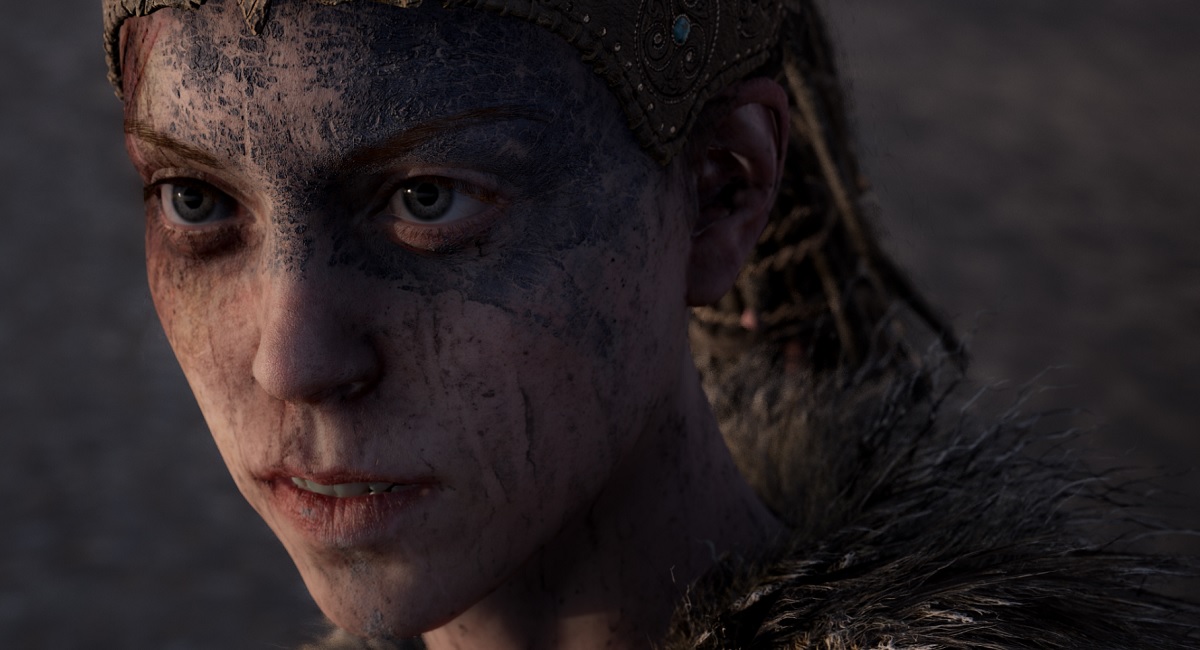Hellblade: Senua’s Sacrifice won the “Games for Impact” award tonight at The Game Awards. The PlayStation 4/PC game is an unflinching portrait of mental illness, as it depicts a terrifying warrior’s journey into the depths of the Norse underworld — and into madness itself.
The game from British game studio Ninja Theory came out on August 8. I reviewed Hellblade in August and gave it a score of 95-out-of-100, the highest I’ve given this year.

Unlock premium content and VIP community perks with GB M A X!
Join now to enjoy our free and premium membership perks.
![]()

![]()